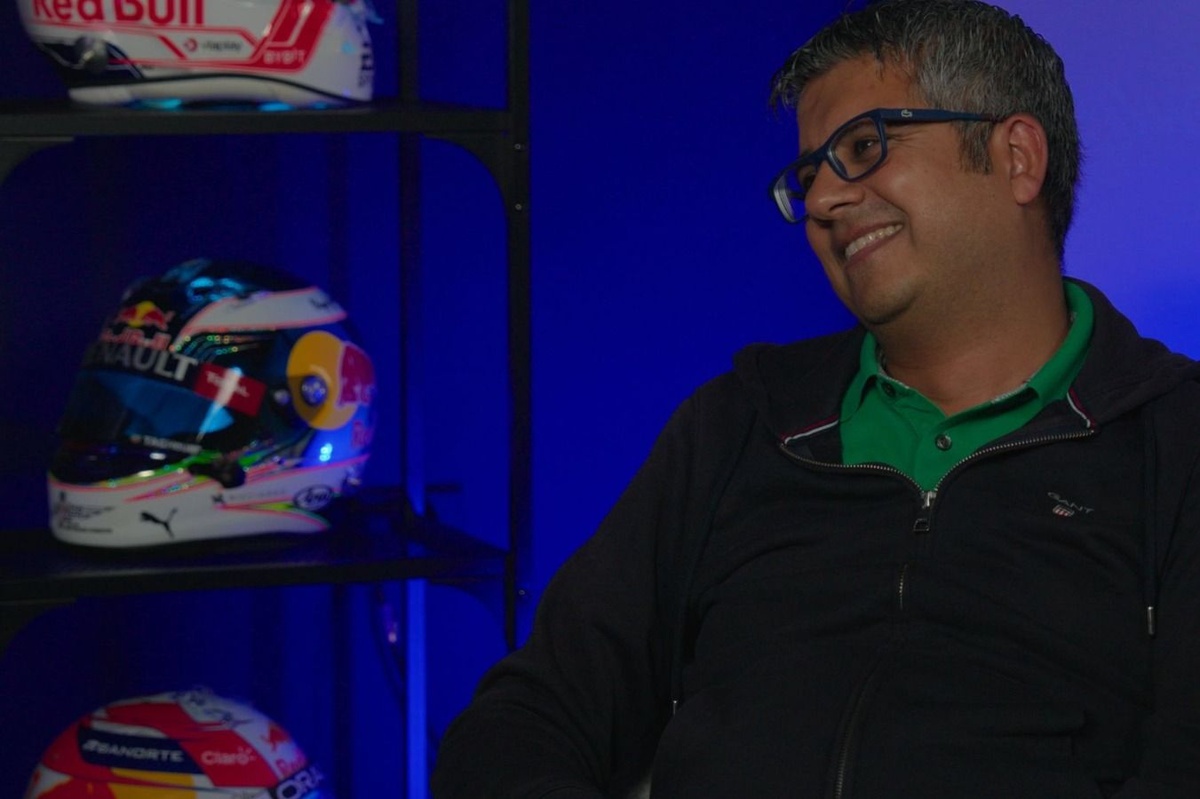
New circuits are a real challenge for Formula 1 teams. With recent additions like Miami and Las Vegas and Madrid’s new circuit arriving in 2026, those ‘unknowns’ are only multiplying. On top of the obvious pressures of learning a new track and its conditions, they can stress a team’s entire digital nervous system.
That’s part of the conversation in the latest episode of the Securing the Win podcast as host Calum Nicholas chats with Nimesh Kotecha, Oracle Red Bull Racing’s group head of end user services.
Kotecha is in charge of securing “every login, every device, and every workflow” from Milton Keynes to the pitwall. His remit now spans an enterprise-scale operation. 250 people and two buildings have become 1800+ users across 10 buildings and the cloud, and his goal is to create trusted access to important systems anywhere in the world - something 1Password assists with heavily.
More ways to engage with the show and 1Password:
Watch the show on YouTube
Listen on all major podcast platforms
Follow us on X, Facebook, and Instagram
Explore more on 1Password.com/Oracle-Red-Bull-Racing
“They're supporting us, they are making our client that much more secure,” he said. And with Oracle Red Bull Racing travelling to 24 venues around the world on top of testing and countless PR responsibilities, this is incredibly important.
“Especially in that environment, you know, at the track. There's so many threats, external threats. So having encryption is key, and having the monitoring tools. And if something isn't right, having the right response and the right team looking at it is paramount.”
Some circuits, such as the Marina Bay Street Circuit in Singapore, have baked-in quirks that trip systems teams wouldn’t usually worry about. Nicholas, a former Oracle Red Bull Racing mechanic, admitted to having to shield components in the gearbox in 2015 after sensors in the road were found to be affecting them. But there’s plenty more the team has to keep its eyes out for.
“So new tracks are notorious for throwing up different things,” Kotecha continued. “The weather is a big one for us. The hot, humid countries. Some of the places we go to, obviously with cooling our racks, which ultimately empower people is important. And even rain, like the pitwall. When it rains, we have the covers and everything. If we don't get there quick enough, water gets in and introduces issues.”
Preparing for these issues is paramount. Kotecha’s “empathy by design” approach maintains policies, then beta-tests them with race engineers who simulate a weekend and its workflows to catch any friction before it happens.
“We go to the nth degree, so we work with engineers. So whenever we have a new product, a new solution, we actually give it to engineers. We say, ‘can you simulate a race?’
”And actually they time what they're doing. And they actually see, does that new control, that new policy, does it make a difference? So people don't always appreciate - they get a new computer and they just want it to work. But what they don't realise is, actually, there's been a lot of man hours, a lot of engineers, there’s a wider team actually supporting us in delivering that solution just to, I suppose, mitigate problems and risks at the track.”
Planning is how Oracle Red Bull Racing survives a race weekend.
“A secure, reliable and good user experience is a good race day,” Kotecha said.







